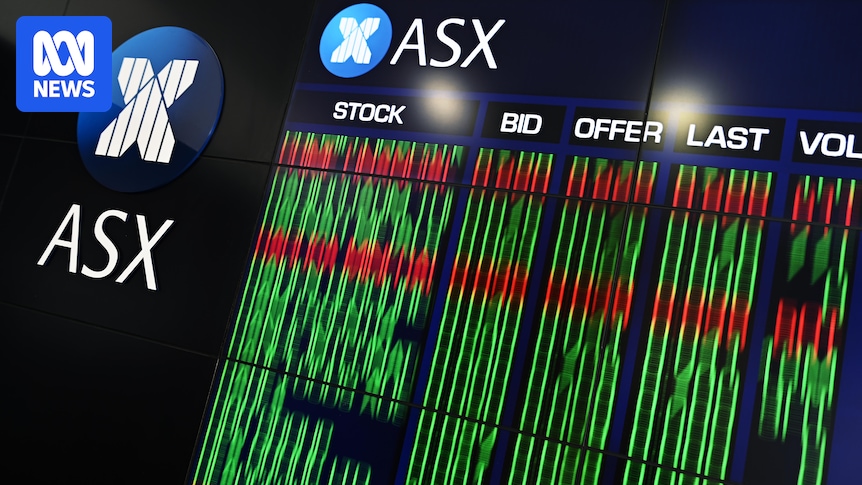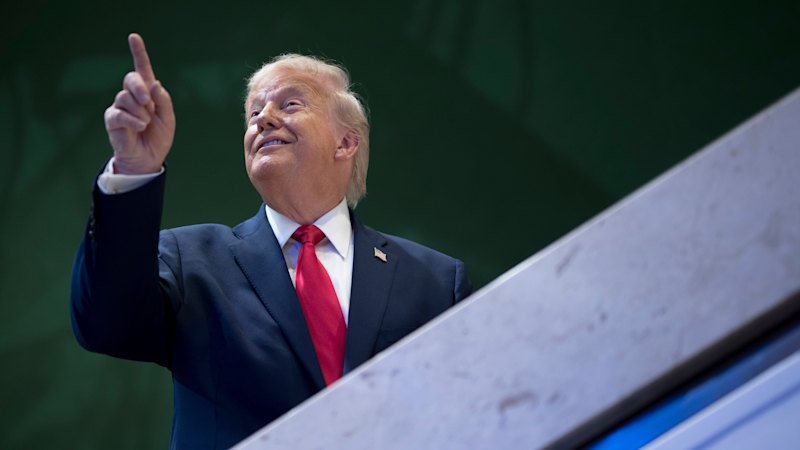
By Daniel Ziffer
In a significant move to counter China’s dominance in the critical minerals sector, U.S. President Donald Trump and Australian Prime Minister Anthony Albanese have signed a landmark bilateral agreement. The deal, announced at a White House summit, aims to secure a robust supply chain for critical minerals and rare earths essential for defense and advanced technologies.
The agreement, described by Albanese as an $8.5 billion pipeline, will see both nations invest $1 billion each over the next six months into mining and processing projects. This initiative is part of a broader strategy to reduce reliance on China, which currently controls a substantial portion of the global supply of these vital resources.
Market Reactions and Economic Implications
The announcement has reverberated through global markets, with Australian critical minerals stocks seeing increased attention. The ASX 200 futures rose by 0.5% to 9,089 points, while the Australian dollar gained 0.25% to 65.1 US cents. Meanwhile, the Dow Jones and S&P 500 both experienced a 1.1% increase, reflecting investor optimism.
“This is an acknowledgement of Australia’s strategically important role in the development of new technologies, defense capabilities, and renewable energy infrastructure,” said Tania Constable, CEO of the Minerals Council of Australia.
The deal is expected to unlock a substantial investment pipeline, with a focus on fast-tracking approvals and accelerating projects. This aligns with the AUKUS agreement’s original intent, emphasizing shared interests and defense capabilities between the U.S. and Australia.
Global Context: The China Factor
China’s control over critical minerals has long been a point of contention. The country holds the world’s largest reserves of rare earths, which are crucial for manufacturing products ranging from electric vehicles to military radars. The new agreement between the U.S. and Australia is a strategic move to diversify supply chains and reduce dependency on Chinese exports.
This development comes as trade tensions between the U.S. and China continue to escalate, with President Trump set to meet Chinese President Xi Jinping in South Korea next week. The critical minerals deal is seen as a proactive measure to secure resources necessary for both economic and national security.
Industry and Political Reactions
The Minerals Council of Australia has welcomed the agreement, highlighting Australia’s rich geology and strong mining capabilities. The council believes the deal will enhance Australia’s reputation as a reliable partner in global supply chains, particularly in Asia, the U.S., and Europe.
“Australia’s mining sector has long championed open markets, transparent trade, and strong, long-term relationships,” Constable added. “We look forward to deepening these partnerships further.”
On the political front, the summit was not without its tensions. President Trump expressed his dissatisfaction with Australia’s U.S. ambassador Kevin Rudd, citing past criticisms. Despite this, the meeting proceeded smoothly, with both leaders emphasizing the importance of their strategic partnership.
Forward-Looking Analysis
The critical minerals agreement marks a new chapter in U.S.-Australia relations, with potential implications for global trade and geopolitical dynamics. As both nations invest in securing their supply chains, the move could encourage other countries to reevaluate their own dependencies on critical minerals.
For investors and policymakers, the focus will likely shift towards monitoring the implementation of the agreement and its impact on global markets. The success of this initiative could set a precedent for future collaborations aimed at enhancing resource security and economic resilience.
As the world navigates complex supply chain challenges, the U.S.-Australia agreement serves as a reminder of the strategic importance of critical minerals in shaping the future of technology and defense.





